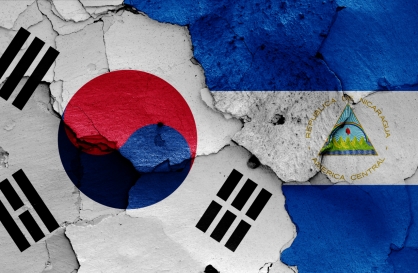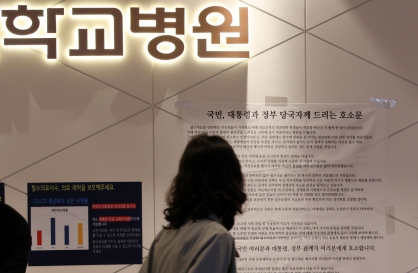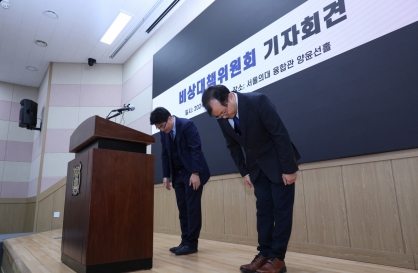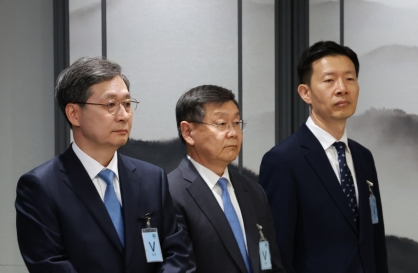Supply shortages and waning vaccine confidence are posing a growing risk to Korea’s hope of reaching herd immunity by November.
“High uptake is anticipated in Korea, which has always been a quite well-vaccinated country,” said Dr. Jung Ki-suck, onetime director of the Korea Centers for Disease Control and Prevention.
“But I worry that the latest developments surrounding the AstraZeneca vaccine could hurt public perceptions of its safety,” he said, referring to suspensions overseas.
“Since this is going to be the most widely used vaccine here for now, such incidents could jeopardize our success with vaccinations.”
Earlier this month, the European Medicines Agency said in its preliminary review that the benefits of the AstraZeneca vaccine outweighed the risk of side effects, even as it admitted that the few reported events involving a rare type of blood clot warranted investigation. Known cases occurred mostly in younger and middle-aged women, the regulator noted.
Canada’s national advisory committee on immunization said Tuesday that the vaccine from AstraZeneca should not be used in people younger than 55 years of age until its possible link to blood clots is investigated further. France too is only giving the vaccine to people older than 55, over similar concerns.
Despite the actions of some countries, Jung said that for Korea, the move would not be feasible as its scheduled batches for at least the next three months consist mainly of the AstraZeneca vaccine.
“We don’t have the luxury of being able to choose from several vaccines while one of them is put on hold,” he said.
In fact, Korea is doing the opposite with its vaccines. The AstraZeneca vaccine is going to people in essential professions dominated by young women -- such as flight attendants, early childhood educators and non-coronavirus nurses --, while the Pfizer vaccine is reserved for the elderly.
Jung said giving older adults Pfizer shots appeared to be a decision based on convenience of distributing the supplies. Korea is getting Pfizer vaccines for 3.5 million people between now and June. There are just about that many people over 75 in the country.
Fortunately, in the older age group vaccine acceptance is fairly high. The rate of consent to vaccination was 86 percent for people over 75 who are not under institutional care and 93 percent for those who are, a government survey showed Sunday.
But the proportion of young people wanting to get vaccinated could be smaller, according to one recent survey compiled by a research team at Seoul National University. While 57 percent of people in their 60s said they were “most likely” to get the vaccine, only 32 percent of people in their 20s said the same.
Some vaccines are more desired than others among the public, which may also be a factor influencing vaccination intent.
The Korea Herald spoke to 30 young adults whose ages ranged from 20 to 35. Twelve of them said their decisions to receive vaccinations would depend on which vaccine they would be receiving.
Asked about their first choice, half of them picked Pfizer and only three AstraZeneca. Four replied “anything but the AstraZeneca vaccine.” Two said they would take any vaccine that was available to them. The rest gave varying answers from Moderna to Johnson & Johnson.
One doctor working in the COVID-19 ward of a Seoul hospital said a debate has waged over how to distribute the vaccines among staffers as there were fewer doses of the Pfizer vaccine to go around than AstraZeneca’s. “No one really says it upfront, but there is an impression that the Pfizer is the better vaccine,” he said.
Infectious disease professor Dr. Kim Woo-joo said the AstraZeneca vaccine’s tarnished reputation was somewhat self-inflicted.
“AstraZeneca had to update its phase three trial data following criticism from the US National Institute of Allergy and Infectious Diseases that it included outdated information,” he said, adding that this was not the first such back-and-forth from the pharmaceutical company.
Last fall, transparency questions were raised after company announcements left out crucial details regarding serious neurological symptoms seen in a vaccine trial participant.
The vaccination program has gotten off to a slow start in Korea, with only 11 doses given out all day on Sunday. The country is currently averaging 25,701 shots given each day. This falls short of the early goal of vaccinating more than 1 million people a day. As of Monday, 822,448 people had received at least one dose of either the AstraZeneca or Pfizer vaccine since their rollout in late February.
Potential delays in vaccine deliveries could also undermine the ongoing immunization efforts here, according to virology professor Dr. Paik Soon-young of Catholic University of Korea.
“To be fair, delivery deadlines not being met isn’t Korea’s problem alone,” he said. “Some shifts in strategies may be in order, such as giving more people their first shots, instead of a smaller number of people two full doses.”
The Korea Disease Control and Prevention Agency said in response to a press inquiry on Monday that the vaccines arriving before July would be enough for some 8.5 million people in total. The target coverage by then was originally 12 million people.
To offset the looming shortages, vaccinators at the National Medical Center are using specialized syringes to make the most out of each vaccine vial. The hospital said it was extracting seven doses from a vial of Pfizer vaccine instead of the standard six, although this goes against the official recommendation.
Korea is also extending the interval between two AstraZeneca vaccine doses to 12 weeks to buy time until more become available.
Still, health authorities once again reassured the public that “fall herd immunity is happening.”
“Delaying herd immunity goals is not a choice at this point,” a senior KDCA official told Tuesday’s news briefing. “The next phase of the immunization campaign involving senior citizens and essential workforce will go through as planned.”
By Kim Arin (
arin@heraldcorp.com)
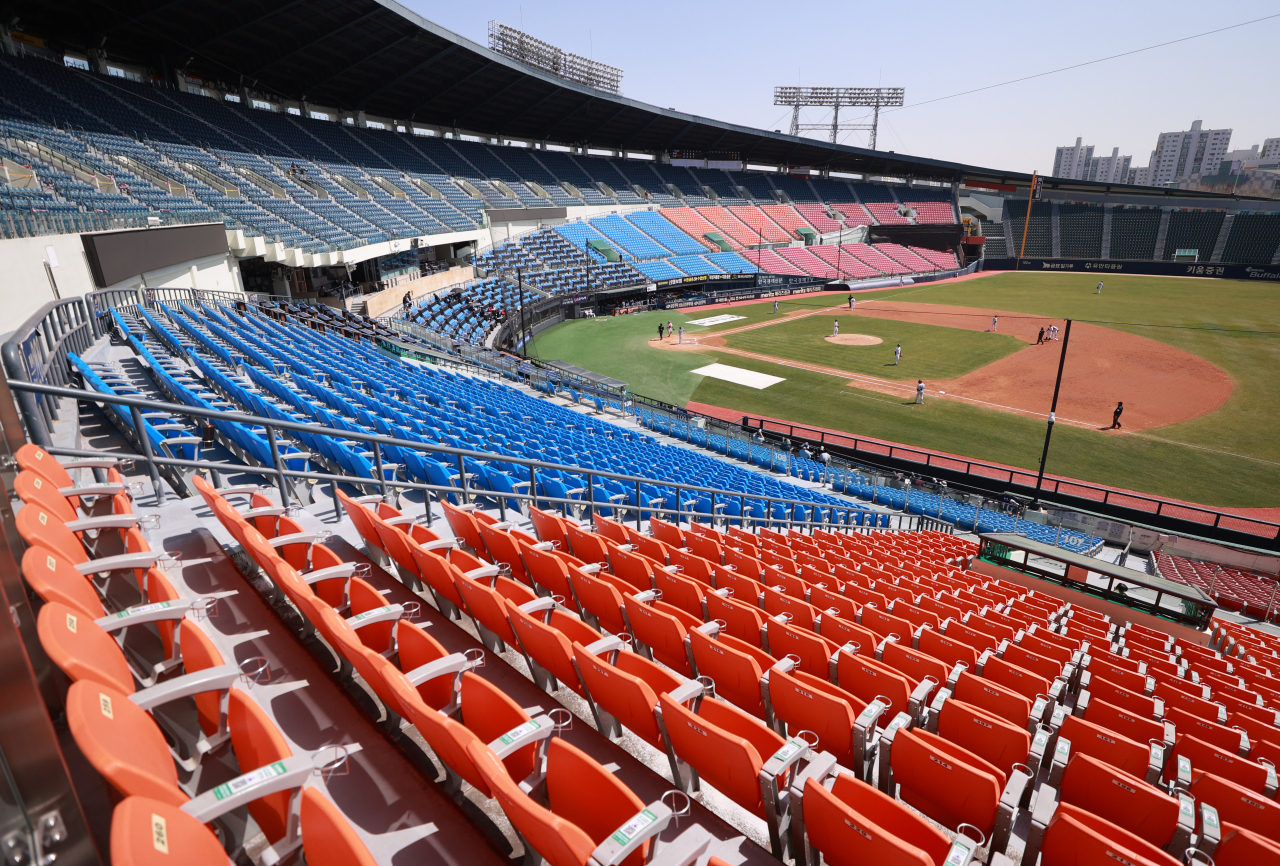

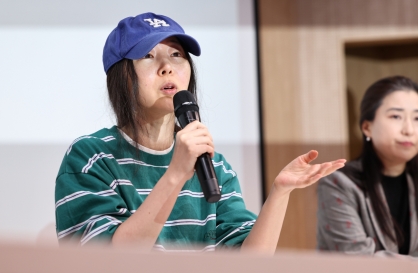
![[Herald Interview] 'Amid aging population, Korea to invite more young professionals from overseas'](http://res.heraldm.com/phpwas/restmb_idxmake.php?idx=644&simg=/content/image/2024/04/24/20240424050844_0.jpg)
